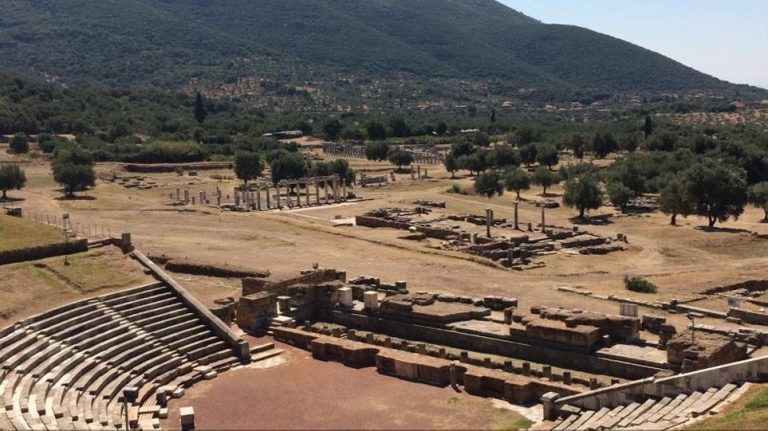By analyzing sediment cores taken from six sites in southern Greece, an international team of researchers identified trends in cereal, olive, and grapevine production indicating major changes in agricultural production between 1000 BC and 600 AD.
These changes mean that Ancient Greece had a market economy that responded to the law of supply and demand fully three thousand years earlier than had been previously believed. This would again make Greece the location of another first in the world — the first market economy on the globe.
This also means that Greece had a relatively sophisticated market system as far back as 2,600 years ago, even before Athens became a democracy under the great statesman Pericles.
FT: Greek GDP estimated to rise substantially Finance Houses say
French soldiers warn government of Islamist danger in country in open letter
Instead of simply eking out a living by planting whatever the local villages wanted and desired, farmers as far back as the Archaic era were already planning their crops according to the needs of international trade. This means that separate individual markets for a consumer good would become merged with others to form one large market, aimed at large-scale trading.
Adam Izdebski of the Jagiellonian University in Krakow, Poland and the Max Planck Institute for the Science of Human History and his colleagues, in a paper published in the November edition of The Economic Journal of Oxford University Press, are saying that this is proof that a true market economy existed in that era.
Read more: Greek Reporter
Ask me anything
Explore related questions





